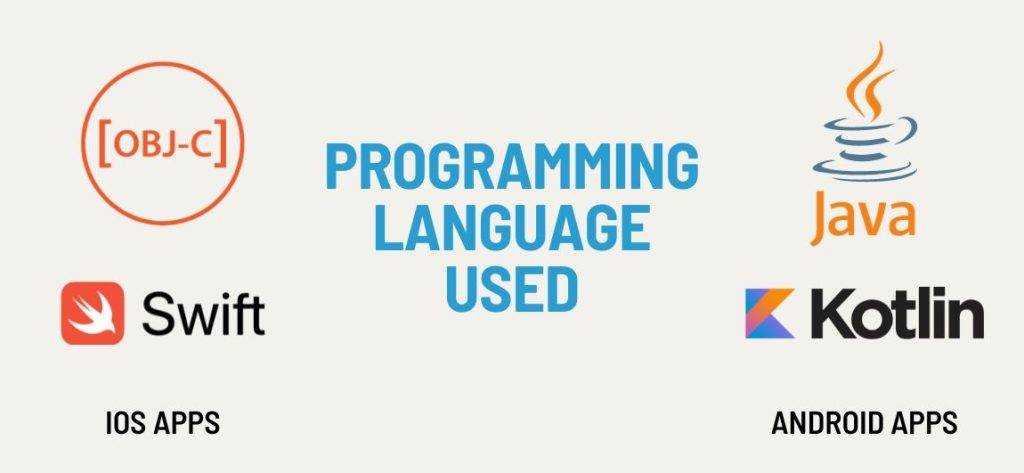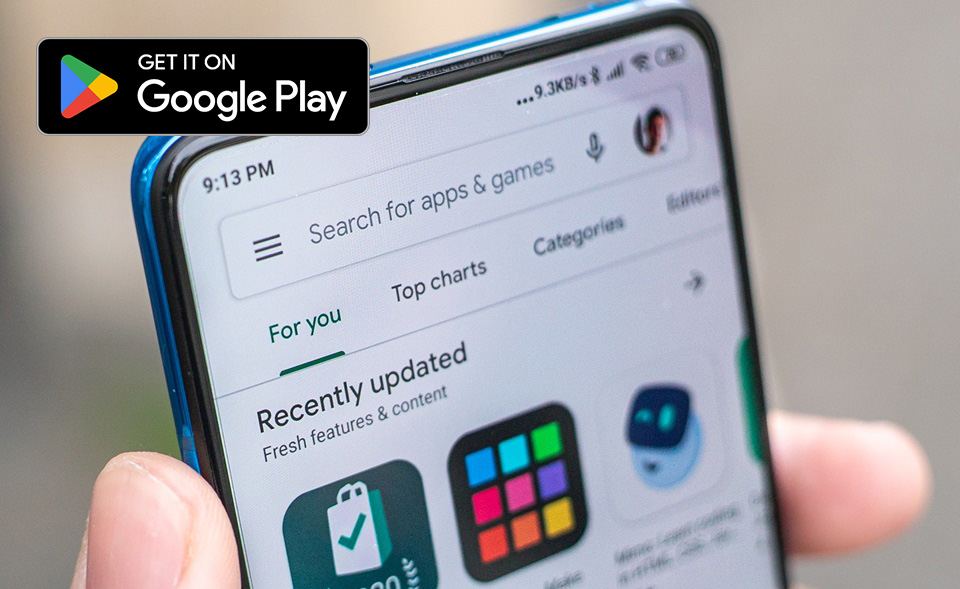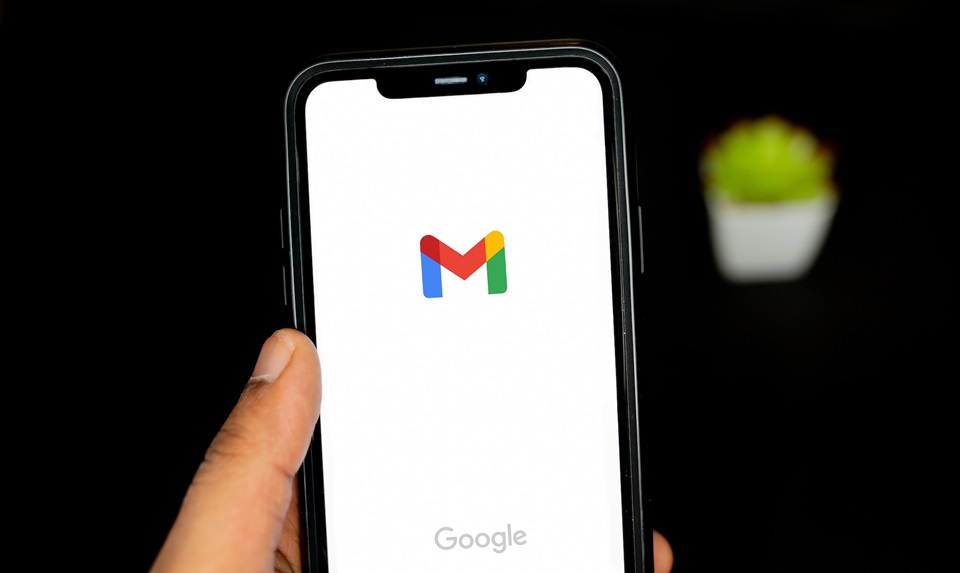Top 5 Differences Between iOS and Android Mobile Apps
As more and more businesses are looking to reach their target audiences via mobile applications, the choice between iOS and Android mobile apps can significantly impact the app development process and user experience. As two giant platforms continue to dominate the market, it is important to understand the key differences that set iOS and Android apps apart. In this article, we will discuss the top 5 differences between iOS and Android mobile apps.
1. Development Tools and Languages
In the realm of mobile app development, the choice of development tools and programming languages plays a critical role in shaping the characteristics of the final product. For iOS mobile apps, developers primarily utilize Swift or Objective-C as the programming language. Swift is commonly paired with Xcode as the designated integrated development environment (IDE). This combination provides a seamless and efficient platform for crafting applications tailored to the iOS ecosystem.
On the other hand, Android app development relies on Java or Kotlin as the preferred programming language. The language is then coupled with Android Studio as the IDE of choice. The selection of these languages and tools can significantly impact various aspects of development. These include the speed of coding, overall development time, and the ultimate performance of the mobile application. Understanding these aspects is essential for businesses seeking to optimize their app development process and create high-quality applications for their target platforms.

2. User Interface and Design
The user interface and design principles are key differentiators between iOS and Android mobile apps. They are the key factors in shaping the overall user experience. iOS apps are characterized by a sleek and minimalist design aesthetic. The design reflects Apple's commitment to a cohesive and uniform user experience across its devices. This design uniformity is achieved through adherence to Apple's strict design guidelines. By following the guidelines, it results in a visually consistent and user-friendly interface that greatly enhances the user experience of iOS app users.
In contrast, Android embraces a more customizable approach to UI design. App developers have the flexibility to create diverse interfaces that cater to a wide range of Android devices in the market. This flexibility allows for greater adaptation to various screen sizes, resolutions, and form factors. Android's design philosophy allows developers to tailor the user experience to the specific needs and preferences of their target audience. Understanding these differences is important for developers and businesses aiming to deliver an optimal user experience on either platform.
3. App Distribution and Monetization
App distribution and monetization strategies diverge between iOS and Android platforms. Such divergence can influence how businesses reach users and generate revenue. iOS mobile apps follow an exclusive distribution model through the Apple App Store. It is a controlled and curated ecosystem. On the other hand, Android mobile apps have a broader distribution landscape. Due to Android's more open-source nature, Android applications are available on the Google Play Store and third-party platforms.
In terms of monetization approaches, iOS users typically exhibit a greater willingness to pay for mobile apps. In contrast, Android users often engage more with free apps supported by in-app purchases or ads. Businesses must navigate these differences strategically and tailor their monetization strategies to the user behaviours of each platform.

4. Fragmentation and Device Diversity
Fragmentation and device diversity present huge challenges for developers on the Android and iOS platforms. Android's open-source nature and expansive ecosystem lead to an extensive range of devices with different screen sizes and hardware capabilities. This diversity poses a significant challenge for developers striving to create apps that seamlessly adapt to various Android devices. Such a challenge requires thorough testing and optimization for various specifications.
On the other hand, iOS operates within a closed ecosystem exclusive to Apple devices. This results in a more consistent environment for mobile app development. Developers can easily target a limited set of Apple devices with standardized specifications. While iOS fragmentation is lower, developers still need to account for slight variations between different Apple devices.
Balancing the adaptability demanded by the Android ecosystem with the streamlined environment offered by iOS is a critical consideration for both developers and businesses. The choice can influence their approach to design, testing, overall app optimization, and ultimately, the business goals. Understanding these nuances is essential for crafting successful mobile applications on both platforms.
5. System Integration and Accessibility
iOS mobile apps enjoy a notable advantage in system integration, seamlessly leveraging Apple's ecosystem. This includes integration with iCloud for data synchronization and using Siri for voice commands. These cohesive integrations enhance the overall user experience and functionality of iOS apps.
On the other hand, Android apps face challenges in achieving a similar level of cohesion due to the platform's fragmented nature. While Android apps can integrate with Google services, the diversity of devices with different manufacturers can lead to variations in the user experience. Achieving uniformity across the Android ecosystem is more challenging, especially when compared to the more tightly controlled environment of iOS.

Conclusion
Choosing between iOS and Android for mobile app development requires careful consideration of the target audience, resources, and business objectives. Each platform has its strengths and challenges. Understanding these top differences is crucial for developers and businesses aiming to create successful mobile applications. As the mobile landscape continues to evolve, it is also important to find a reputable app development agency that can guide your strategic decisions. Contact Appnicorn today for more information about mobile app development.